How Do You Use Math as a Interior Designer
Are you always being praised for your designing skills? Is your opinion always asked when any room is being redecorated? Are you the first to volunteer for opinions if the furniture is being rearranged or wall color is being chosen? If so, Interior Design might be your forte. Interior design is a realm of styles – you can learn more about the trendy minimalistic design through these fundamentals . However, before you choose to take the leap, here are 10 things you should know about the industry. These are challenges that interior designer faces on a daily basis. Some of these may seem daunting while others might make you excited about the profession.
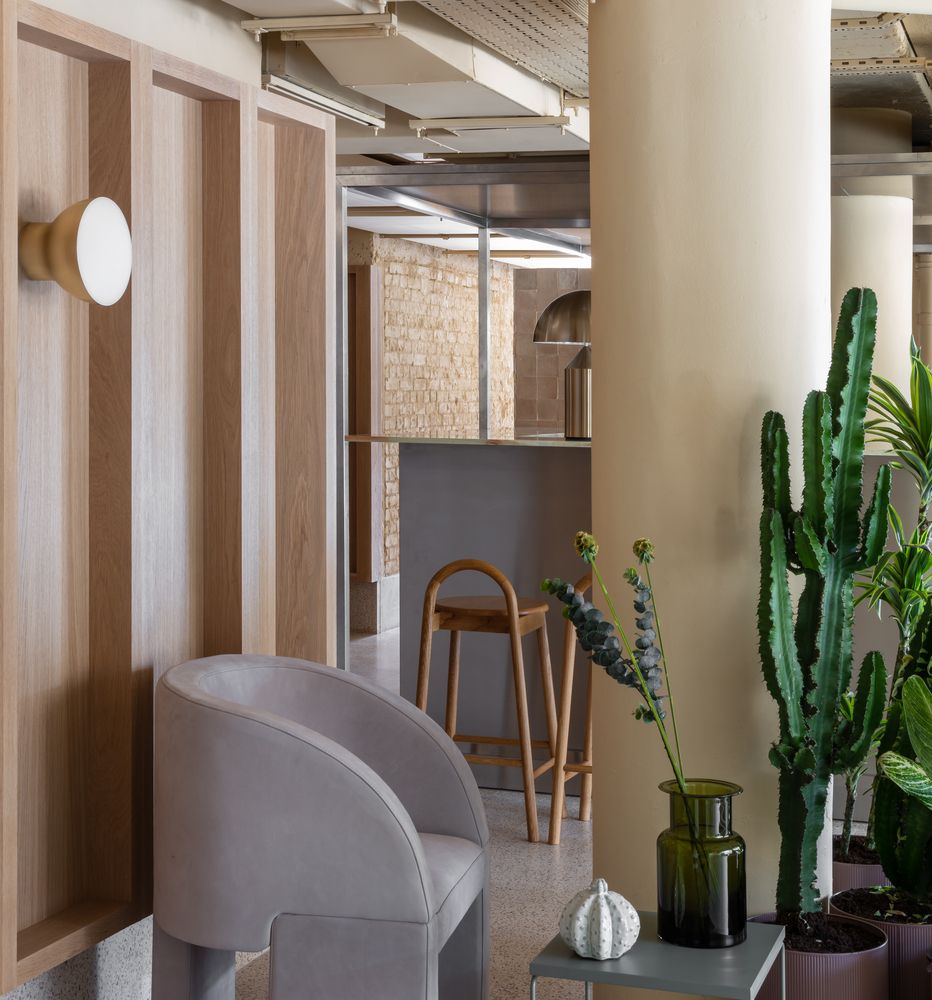
Broken Wharf London Apartment / Grzywinski+Pons © Nicholas Worley
What exactly does an interior designer do?
An interior designer studies spaces' and users' requirements to design functional, safe, and beautiful spaces. An interior is in charge of choosing determining features of space including color, texture, forms, and patterns.
What You Need to Know Before Becoming an Interior Designer:
1. Explore and Hone your creative skills
To be an exceptional interior designer, one needs to have an eye for detail, a natural understanding of colors, and intuition about space, harmony, and balance, and a keen eye. One can build on these skills and create a strong foundation to become a successful interior designer.
What's The Difference Between an Interior Decorator and a Designer?
2. Interior Decorator is not equal to Interior Designer
You might have received a lot of compliments on your design, color, and placement of home decor, but those decoration skills alone aren't enough to be a good interior designer.
3. Interior Design is more than just design
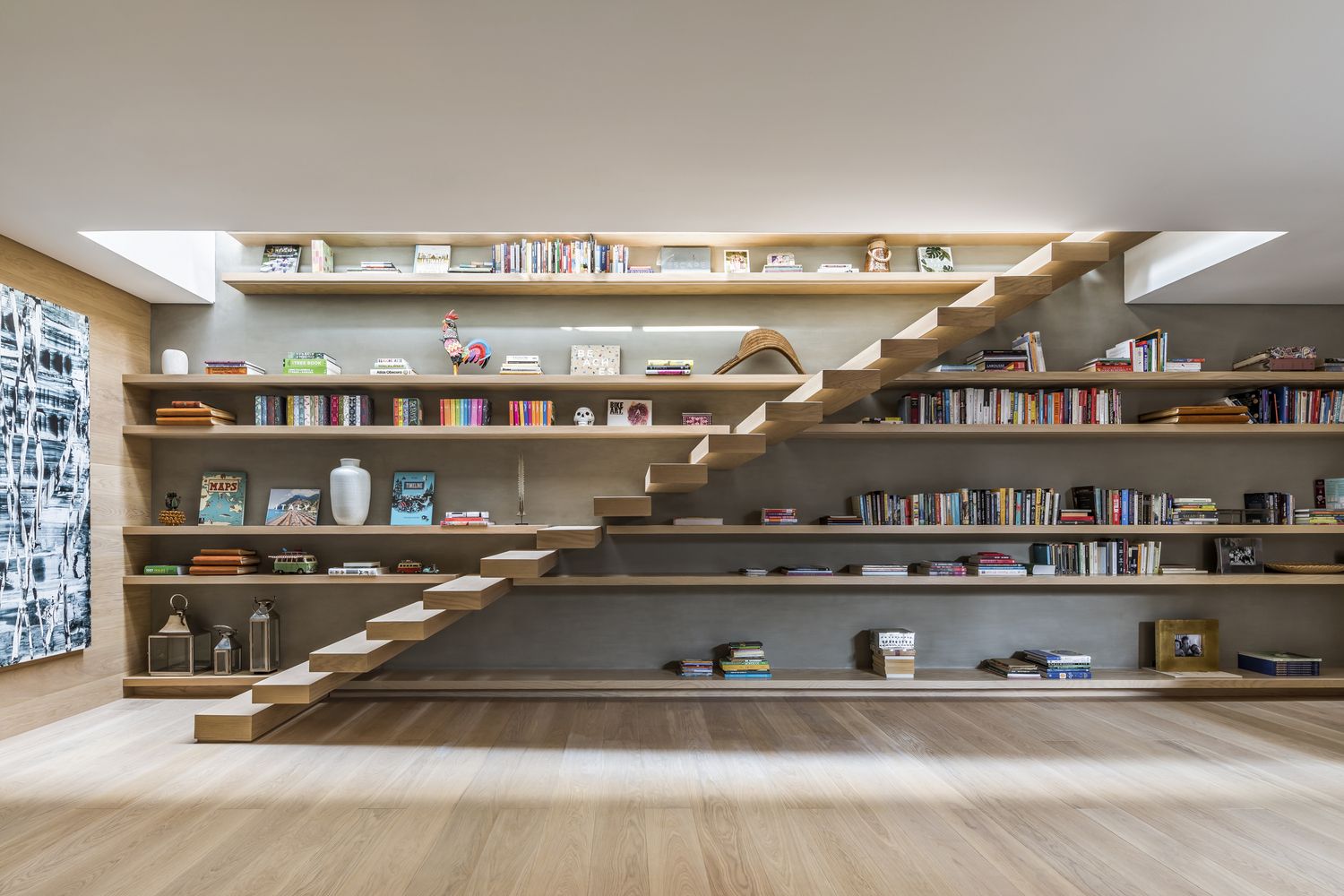
Sierra Fría House/ ESRAWE © César Béjar
An Interior designer has more technical skills than just designing the spaces. He/she needs to know about different materials, furniture design, be familiar with interior design tools and be able to maintain good relationships with suppliers and clients.
[irp posts='188986′]
Interior designers need to know about the history of design, the structural integrity of buildings, local codes, regulations, and standards, anthropometry, ergonomics, spatial concepts, psychology, computer-aided drawing (CAD), ethics etc.
Interior designers, like architects, are supposed to be the Jacks of all trade. They need to have interpersonal skills because they need to interact with other interior designers, homeowners, builders, architects, government agents, etc. To become a good interior designer, one needs to be well-rounded.
4. It's NOT about having the same taste
Design is subjective, and therefore it is not reasonable to expect the client to like the same things as you. They have hired you as their interior designer, for their project, so it is not nice to force your style upon them.
You may work for years as an Interior Designer and never design a home that suits your taste. And that's okay. You are designing for your client and for their users. It's about resonating with and implementing their vision. If they insist on bright green walls and red furniture, all you can do is smile and implement it. However, if their decisions might hamper the safety of the users, you can put your foot down.
5. You need to have a knack for design
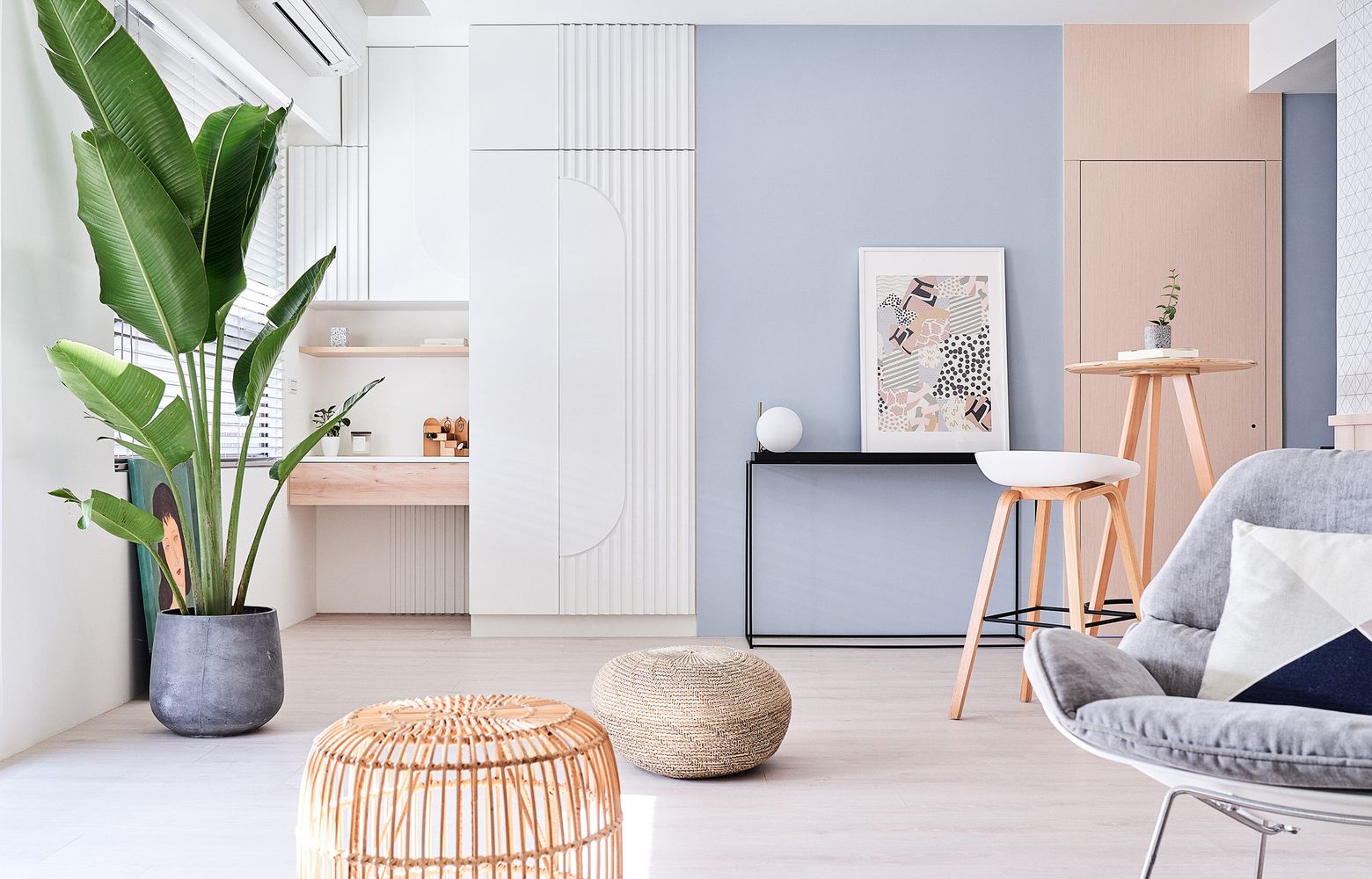
Ne_On Apartment / NestSpace Design © Hey!Cheese
An obvious point, but an important one nonetheless. A prospective Interior Designer needs to have a flair for color, arrangement, architecture, and textiles. Interior design is the direction one would choose if they get compliments on their home decor, but here are a few other career options.
6. Design your schedule
As a freelance Interior Designer (if you chose to go that way), you get to decide your schedule and your hours. However, there might be sleepless nights, hours of revising one drawing as well as hours where you might be doing nothing. In addition to blocking away time for projects, time should be set aside to better your skills, read more about Interior design and learn new software.
7. Multi-tasking is essential
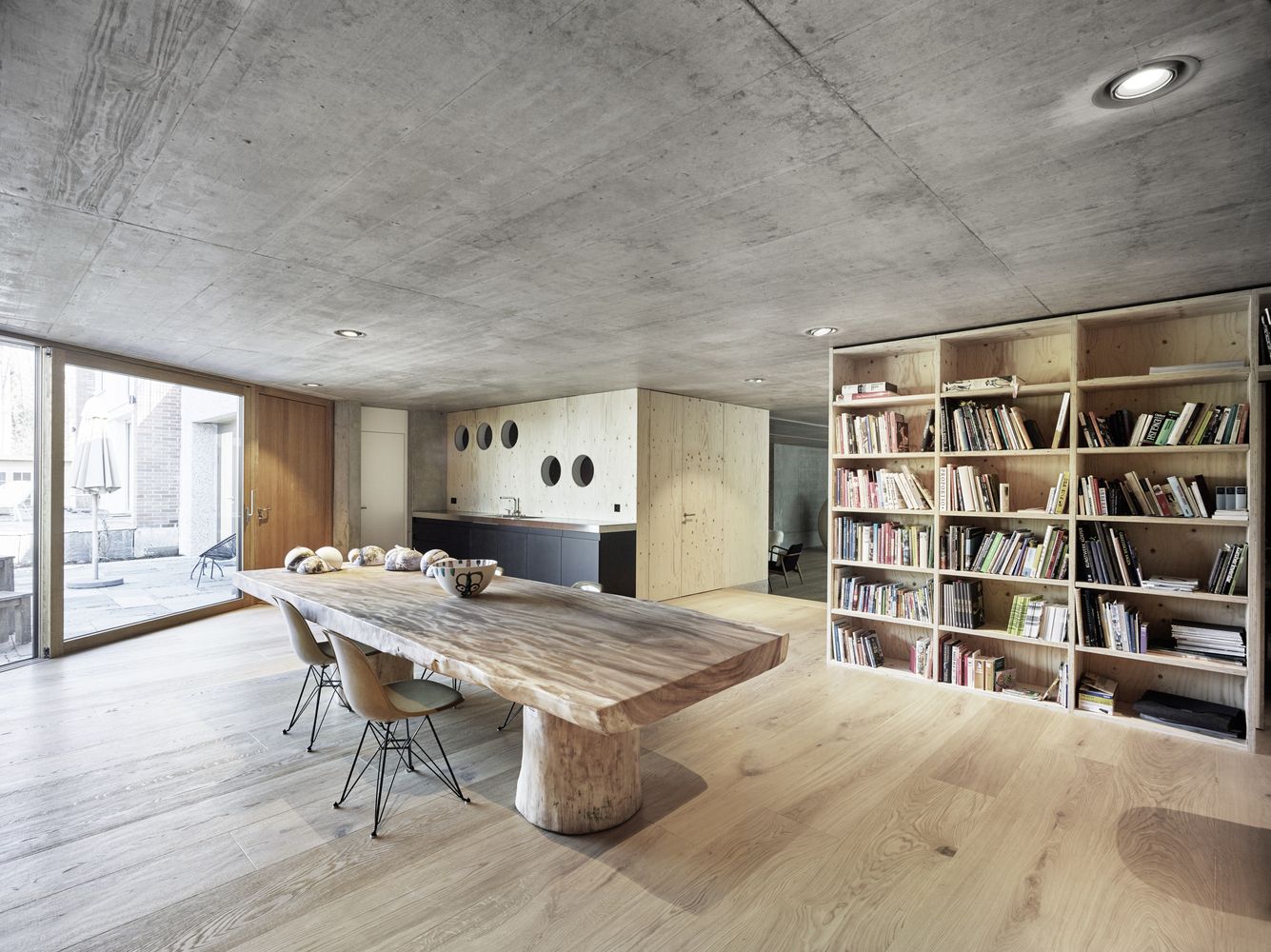
Extension Grieder-Swarovski / Andreas Fuhrimann Gabrielle Hächler Architekten © Valentin Jeck
As interior designers become successful, the number of projects under their belt increases. To work on multiple projects and juggle multiple clients, suppliers, consultants while making multiple design decisions, one needs to be exceptionally good at multi-tasking.
8. The Salary isn't Always Great
It is not wrong to expect professionals with a vast (and expensive) education to be paid well. But statistics show that an entry-level interior designer gets paid, at an average, $42,380 per year.
Of course, this is highly dependent on education, work experience, size and location of the company, etc. For example, an interior designer at a furniture company will get paid less than an interior designer working at an architectural firm. Exposure and experience will increase the rate of pay of any professional. And any additional skills like knowledge of local building codes and bylaws will tip the scales in your favour.
9. It will take time to build a name
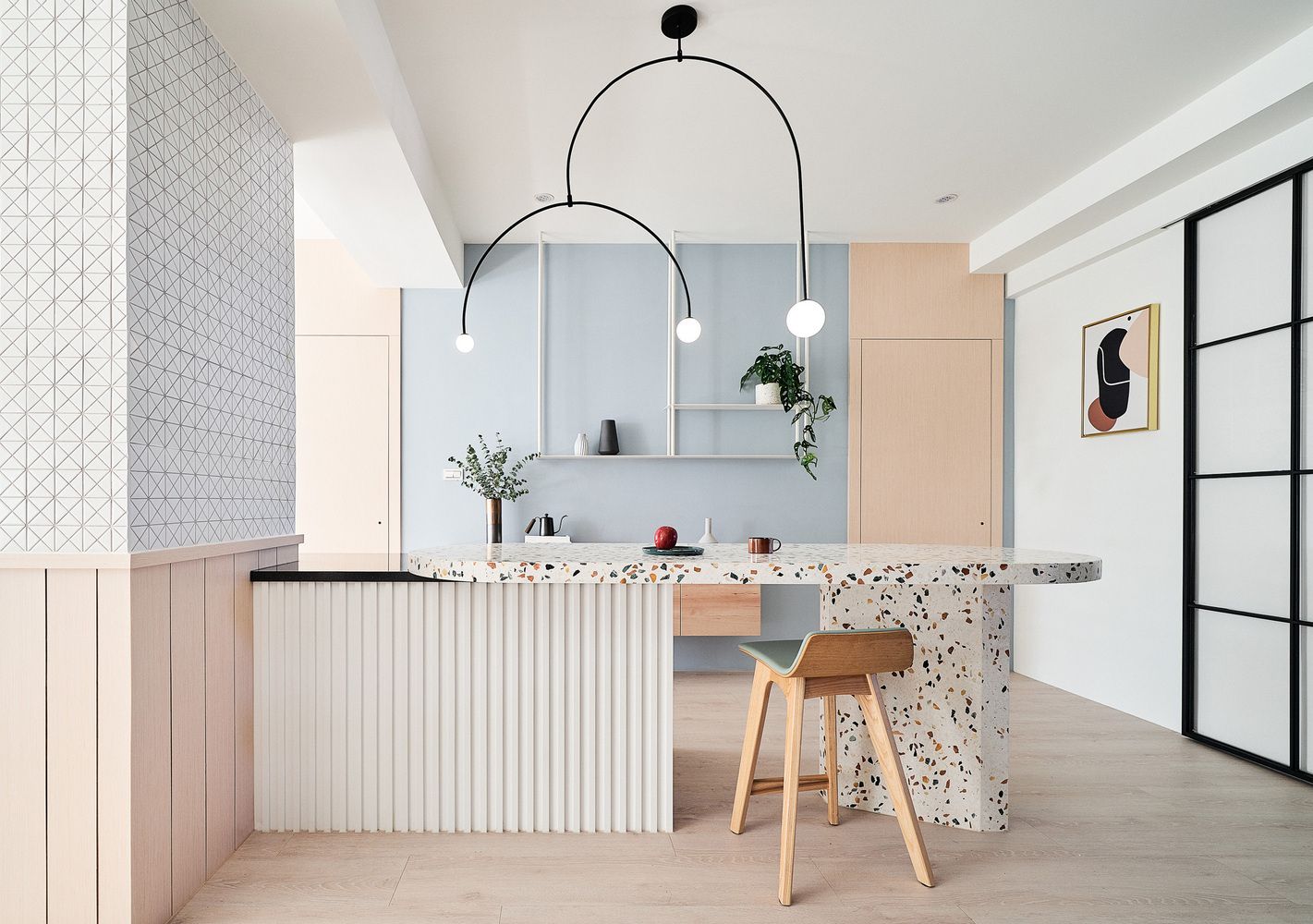
Ne_On Apartment / NestSpace Design © Hey!Cheese
Interior Design is a competitive field. It will take time to build a solid foundation for your business and to get noticed by prospective clients. In the beginning, it is normal to assist family and friends (often on low pay) to build your portfolio. To showcase your work to future clients, you need to have a dazzling and diverse array of works.
One important tip to set yourself apart is to keep updating yourself. The more you know, the better your chances are to get noticed. It is a good idea to follow blogs, Twitter profiles, and websites to keep in touch with the changing trends. Being in touch with mentors and fellow designers will help you stand apart from the crowd. An added benefit is that new clients are always on the lookout for people who know the history of design as well as the latest design trends.
10. It will not be a Boring Office job
While it might seem like Interior designers just need to sit in front of a computer, in reality, they have to move about a bit. There might be meetings with clients, architects, suppliers, consultants, contractors, etc. Moreover, they will have to occasionally visit the site and review the work.
Interior designers need to go to various showrooms, sometimes with clients to understand their needs and limitations. If you are a creative person thinking of going into the field of Interior Designing and these 10 points have strengthened your resolve, then its time to take the leap! There is nothing quite like witnessing your creative ideas come to life.
How Do You Use Math as a Interior Designer
Source: https://www.arch2o.com/what-to-know-before-becoming-interior-designer/
0 Response to "How Do You Use Math as a Interior Designer"
Mag-post ng isang Komento